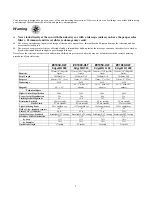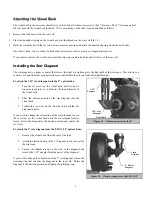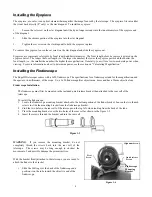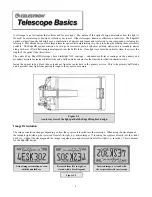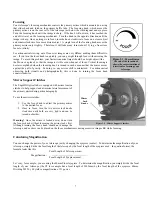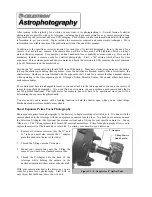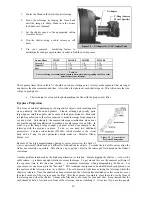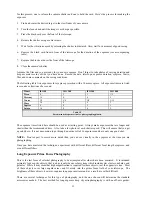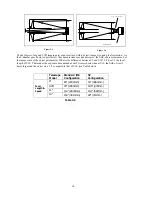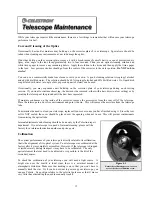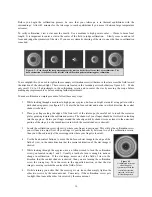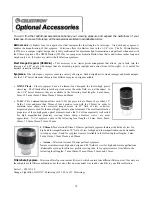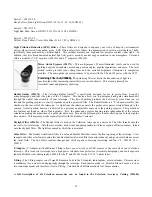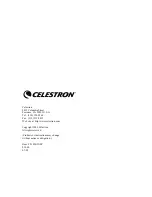
After looking at the night sky for a while you may want to try photographing it. Several forms of celestial
photography are possible with your telescope, including short exposure prime focus, eyepiece projection, long
exposure deep sky, terrestrial and even CCD imaging. Each of these is discussed in moderate detail with enough
information to get you started. Topics include the accessories required and some simple techniques. More
information is available in some of the publications listed at the end of this manual.
In addition to the specific accessories required for each type of celestial photography, there is the need for a
camera - but not just any camera. The camera does not have to have many of the features offered on today's
state-of-the-art equipment. For example, you don't need auto focus capability or mirror lock up. Here are the
mandatory features a camera needs for celestial photography. First, a “B” setting which allows for time
exposures. This excludes point and shoot cameras and limits the selection to SLR cameras, the most common
type of 35mm camera on the market today.
Second, the “B” or manual setting should NOT run off the battery. Many new electronic cameras use the battery
to keep the shutter open during time exposures. Once the batteries are drained, usually after a few minutes, the
shutter closes, whether you were finished with the exposure or not. Look for a camera that has a manual shutter
when operating in the time exposure mode. Olympus, Nikon, Minolta, Pentax, Canon and others have made
such camera bodies.
The camera must have interchangeable lenses so you can attach it to the telescope and so you can use a variety of
lenses for piggyback photography. If you can't find a new camera, you can purchase a used camera body that is
not 100-percent functional. The light meter, for example, does not have to be operational since you will be
determining the exposure length manually.
You also need a cable release with a locking function to hold the shutter open while you do other things.
Mechanical and air release models are available.
Short Exposure Prime Focus Photography
Short exposure prime focus photography is the best way to begin recording celestial objects. It is done with the
camera attached to the telescope without an eyepiece or camera lens in place. To attach your camera you need
the Celestron T-Adapter (See Optional Accessories section) and a T-Ring for your specific camera (i.e., Canon,
Nikon, etc.). The T-Ring replaces the 35mm SLR camera's normal lens. Prime focus photography allows you to
capture the majority of the lunar disk or solar disk. To attach your camera to your telescope.
1.
Remove all visual accessories. (For the 11" and
14" tube you must also remove the 3" adapter
plate threaded onto the rear of the tube)
2.
Thread the T-Ring onto the T-Adapter.
3.
Mount your camera body onto the T-Ring the
same as you would for a standard camera lens.
4.
Thread the T-Adapter onto the back of the
telescope while holding the camera in the
desired orientation (either vertical or horizontal).
With your camera attached to the telescope, you are
ready for prime focus photography. Start with an
easy object like the Moon. Here's how to do it:
Figure 3-1 – T-Adapter for 8" Optical Tube
T-Adapter
T-Ring (Camera
Model Specific)


